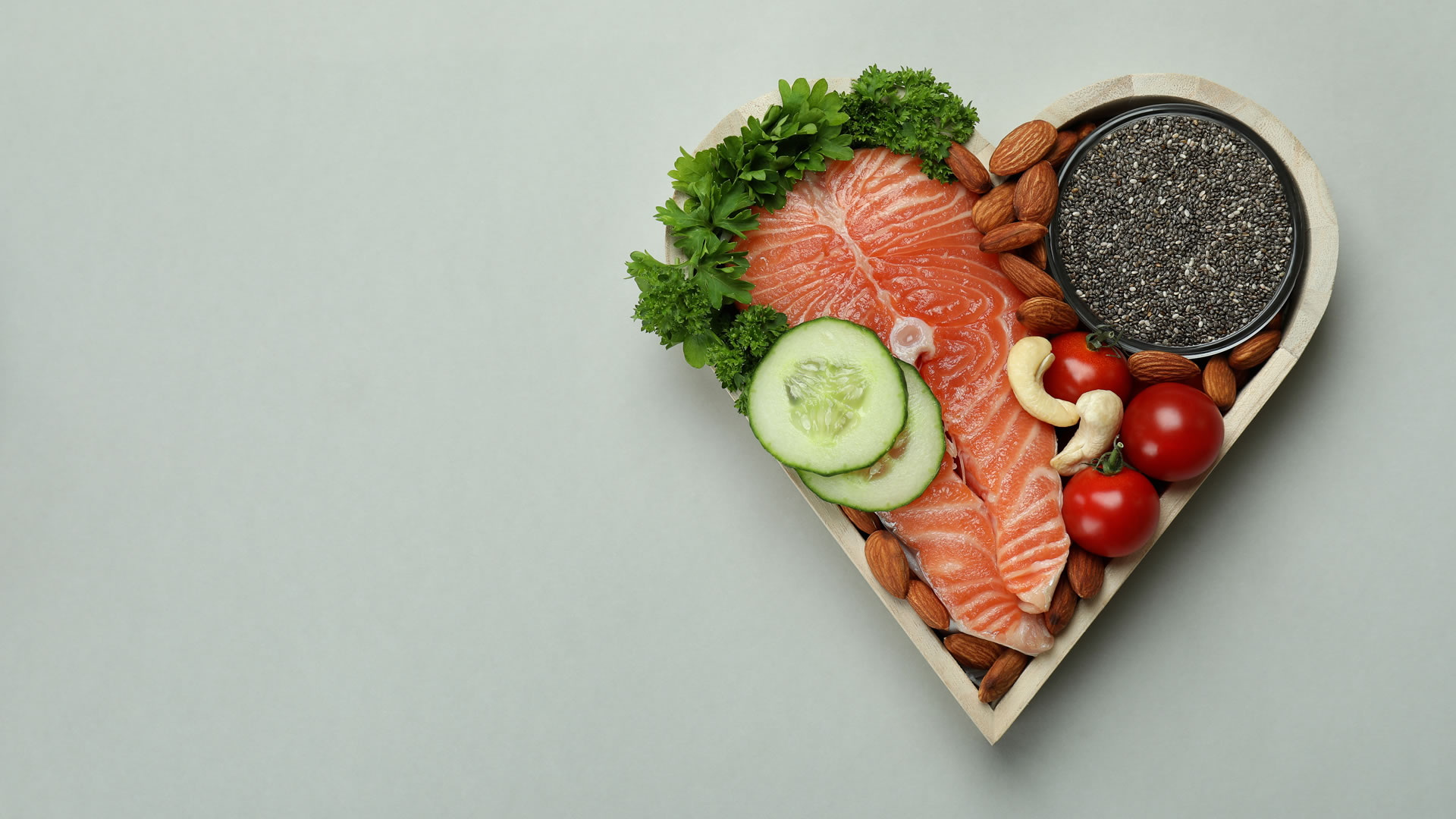Sepsis, a life-threatening condition caused by the body’s extreme response to infection, can have profound effects on both physical and mental health. Recovery from sepsis often involves addressing not only the physical symptoms but also the psychological challenges that arise. We will explore the role of nutrition in sepsis recovery and strategies to support mental well-being during this difficult time.
Nutrition for Sepsis Recovery
A balanced, nutrient-rich diet is crucial for sepsis survivors to rebuild strength and support overall health. Here are some foods that may aid in recovery:
Protein-Rich Foods
Adequate protein intake (1.5–2g/kg/day) is essential for tissue repair and immune function. Good sources include:
- Eggs
- Lean meats
- Poultry
- Fish
- Legumes
Protein helps rebuild muscle mass lost during hospitalisation and supports overall healing.
Antioxidant-Rich Foods
Fruits and vegetables high in antioxidants combat oxidative stress and inflammation. Beneficial options include:
- Leafy greens (spinach, kale).
- Berries.
- Citrus fruits.
- Cruciferous vegetables (broccoli, Brussels sprouts).
These foods provide vitamins C and E, as well as other compounds that support immune function and recovery.
Omega-3 Fatty Acids
Foods rich in omega-3s, such as salmon and walnuts, may help reduce inflammation and improve mood. Including these in your diet can support both physical and mental recovery.
Nutrient-Dense Carbohydrates
Complex carbohydrates like sweet potatoes provide sustained energy and contain anti-inflammatory compounds, which are crucial for post-sepsis recovery.
Mental Wellbeing Challenges and Coping Strategies
Sepsis survivors often face significant psychological challenges during recovery. Here are some common stressors and strategies to address them:
Anxiety and Depression
Many survivors experience anxiety about recurring sepsis or depression related to their experience. Strategies to cope include:
- Seeking professional support through cognitive behavioural therapy (CBT).
- Practising mindfulness and relaxation techniques.
- Joining support groups for sepsis survivors.
Post-Traumatic Stress Disorder (PTSD)
PTSD is not uncommon among sepsis survivors. To address this:
- Consider trauma-focused therapy.
- Practice grounding techniques during flashbacks or nightmares.
- Maintain a consistent sleep schedule to support overall mental health.
Cognitive Difficulties
“Brain fog” or difficulty concentrating are frequent complaints. To manage these issues:
- Break tasks into smaller, manageable steps.
- Use memory aids like calendars and to-do lists.
- Be patient with yourself and allow extra time for cognitive tasks.
Physical Fatigue
Extreme tiredness can impact mental wellbeing. To address this:
- Pace activities and balance rest with gentle exercise.
- Prioritise sleep hygiene.
- Consider working with a physical therapist to gradually build strength.
Social Isolation
Feeling disconnected from others is common during recovery. To combat isolation:
- Stay connected with loved ones, even if just through short phone calls or messages.
- Gradually reintroduce social activities as strength returns.
- Consider joining online communities for sepsis survivors.
Holistic Approach to Recovery
Recovery from sepsis requires a holistic approach that addresses both physical and mental health. Here are 5 helpful steps:
- Follow medical advice and attend all follow-up appointments.
- Implement a balanced diet rich in proteins, antioxidants, and anti-inflammatory foods.
- Engage in gentle physical activity as recommended by healthcare providers.
- Prioritise mental health by seeking professional support when needed.
- Practice self-compassion and allow time for recovery.
Remember that recovery is a journey, and progress may be gradual. Celebrate small victories and be patient with the healing process.
Conclusion
Recovering from sepsis involves nurturing both body and mind. By focusing on nutrient-dense foods that support healing and implementing strategies to address mental health challenges, survivors can work towards a fuller recovery. It’s important to remember that everyone’s journey is unique, and seeking support from healthcare professionals, loved ones, and fellow survivors can make a significant difference in the recovery process.



